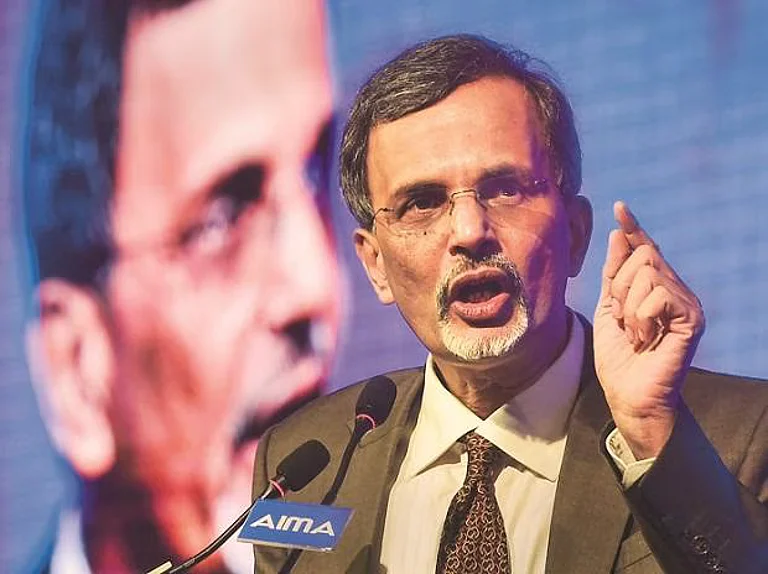
India-US trade talks resume, focusing on Russian oil purchase concerns.
Piyush Goyal, Jaishankar hold meetings with top US officials in New York.
Agriculture, dairy disputes ease; Russian crude imports remain toughest hurdle.
Amit Shah signals trade deal in final stage, outcome expected soon.
India and United States are currently in talks for a comprehensive resolution to address pending issues in their trade deal and American’s concerns over New Delhi’s continued purchase of Russian oil.
Speaking regarding the same, a US official who spoke to Business Standard on the condition of anonymity said, “We want to address it comprehensively rather than piece by piece. There has to be some sort of agreement at the higher levels to President Donald Trump’s satisfaction that we have a way forward to ultimately reduce and eliminate India’s Russian oil purchases. The oil issue is the thorniest. When that’s resolved, the others won’t be too tough to negotiate.”
Trade Talks Move Forward
Earlier this week, an Indian delegation led by Commerce Minister Piyush Goyal conducted talks with US Trade Representative Jamieson Greer in New York. External Affairs Minister S Jaishankar, who is in the US to participate in the United Nations General Assembly, also held discussions with his counterpart Marco Rubio.
According to an Indian official, the bilateral talks were positive and while Goyal was still in the US, India’s chief negotiator Rajesh Agrawal returned to New Delhi on Wednesday night.
The US official said, “All those talks went well. Everybody was happy for making progress, for better understanding of where we are and what we need to do. That’s encouraging. We should be cautiously optimistic. Our leadership is talking and they see a way forward.”
Speaking to Fox Business, US Treasury secretary Scott Bessent said, “I think India will slowly reduce oil purchases from Russia. But the perverse thing is that Europe is buying the oil that India refines. They are funding the war against themselves.”
The Commerce Minister’s visit was followed a meeting of the chief negotiators of both countries in New Delhi on September 16. A team of US officials led by US Trade Representative (USTR) for South and Central Asia Brendan Lynch met an Indian team last week, which was headed by Agrawal, also the special secretary in the commerce department. Both the countries agreed to intensify efforts to achieve a “mutually beneficial” trade deal, keeping aside their recent strains in bilateral relations.
Why Negotiations Were Held Back
Earlier, bilateral trade talks were stalled mainly because India refused to grant the US unhindered market access to its agriculture and dairy sectors. The US President’s decision to impose a 25 per cent reciprocal tariff on India, along with an additional 25 per cent levy for purchasing Russian oil strained bilateral ties.
However, the US official said that Trump did not consider agriculture and dairy issues as significant as the Russian oil purchase issue. “The US has more flexibility on agriculture and dairy than India,” he added.
Amit Shah Says Talks in Final Stage
Following months of difficulties and delays, the trade deal talks between India and US have officially resumed and the commerce minister of India is currently in Washington for the same.
While addressing a Financial Express event in Mumbai, Shah said the government was determined to maintain the momentum of economic growth while navigating the complexities of international trade.
“The talks are in the final stage…and let’s leave this to the wisdom of PM [Narendra Modi] and Commerce Minister [Piyush Goyal]. In a few weeks or so, aspects of this deal will get clearer,” he said.































